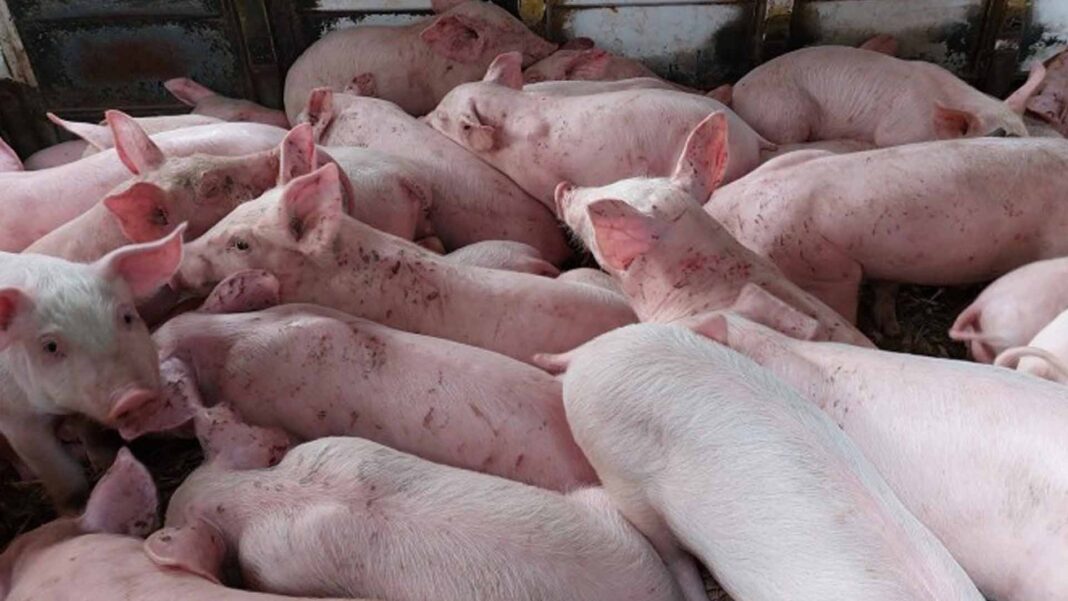The Department of Agriculture (DA)-5 (Bicol) on Tuesday advised the public to be careful in buying meat products to ensure a safe celebration of the Christmas season.
Lovella Guarin, DA-Bicol spokesperson, said to ensure food safety particularly from African swine fever (ASF), consumers must only purchase meat from vendors who can present a Certificate of Meat Inspection (COMI) or a Meat Inspection Certificate.
“The public must refrain from buying processed meat from ambulant vendors whose product source is unknown, as the products might be coming from infected areas. Safe meats are butchered at accredited slaughterhouses and with the National Meat Inspection Service (NMIS) seal,” she said in an interview.
Guarin said meat processors must not buy pork from ASF-affected areas as they could unknowingly be using meat from a pig that has died of the disease.
“They should also maintain the cleanliness in the working area by regular disinfection. Clean and disinfect the piggery every day using bleach. Do not let strangers or other unauthorized persons inside the piggery. The Veterinary Quarantine Service has previously identified pick-up points for hogs along the national roads so that hog dealers need not go to individual piggeries,” she added.
The DA also reminded hog raisers not to feed hogs with kitchen waste as these might be contaminated with animal diseases, including ASF.
“A hog that has eaten food (swill) that is contaminated with ASF will surely get infected and it will infect not only the whole hog population in the farm but also those nearby piggeries within a one-kilometer radius. Some hogs will not manifest symptoms of ASF until four to 19 days,” Guarin said.
Some ASF-infected hogs show symptoms such as red, discolored skin or skin lesions, diarrhea, vomiting, high fever, difficulty breathing, heavy discharge from the eyes and nose, and loss of appetite.
Infected hogs may die within two to 10 days, and oftentimes, mortality is 100 percent of the hog population.
There is no cure for ASF yet and the least piggery owners can do is prevent it by observing strict biosecurity measures.
The DA-Bicol has reported ASF cases in Barangay Mabini, Libmanan, Camarines Sur; Barangay Pawala and Tagbac in Donsol, Sorsogon; and Barangay Umabay Exterior in Mobo, Masbate.
In Camarines Norte, 17 barangays in Daet, Labo, Basud, Mercedes, Vinzons, Paracale and San Vicente have ASF cases.
Some 178 hogs owned by 45 hog raisers in these areas were depopulated by the respective local government units (LGUs) and Provincial Veterinary Offices from Nov. 14 to Dec. 6 this year.
Guarin said DA-Bicol is implementing the Bantay ASF sa Barangay or BABay ASF program in collaboration with the LGUs so they could enact and implement local ordinances to prevent and control ASF. (PNA)



